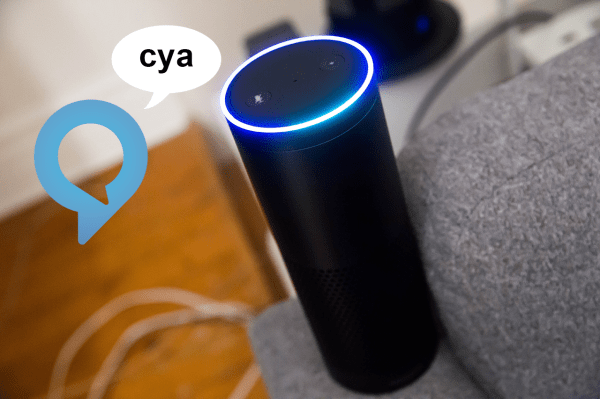Amazon has provided a strong answer to a desire I expressed only yesterday for broader software and hardware support for Alexa, its virtual assistant, and Echo, the speaker hardware that is the first platform wherein Alexa can be found. Today, Amazon announced an Alexa API set to let third-party developers easily build support for the system into their own apps; Alexa Voice Service, for integrating Alexa into connected hardware; and the Alexa Fund, as much as $100 million dedicated to supporting devs, gadget builders and startups who’re looking to build voice-powered experiences.
Amazon’s Echo is a curious device, but one that is the first to demonstrate the truly transformative potential of voice-based computing. The hardware is solid, voice recognition is strong and the features it does offer are extremely useful. By opening up developer tools to third parties, Amazon is poised to make it even more transformative. The one sore spot with my Echo use thus far has been its limitations in terms of third-party integrations, something abated only in part by IFTTT recipes.
The Alexa Skills Kit enables software hooks for the virtual assistant, which makes it easy for big companies and single individuals to connect their apps and software to Echo, using only a handful of code to get started. It’s free to use, and Amazon says that hobbyist programmers could do things like enable Alexa to retrieve the posted lunch menu at their child’s school with a simple voice command with a trivial amount of work.
Alexa Voice Services would allow anyone to actually take Alexa and build it into their own hardware product, meaning Alexa is now officially unbundled from Echo. So that means you could build a bedside alarm clock/iPhone charging station that can also listen for and interpret Alexa voice commands, or create a vending machine that understands and is able to serve products according to customer requests. This is a bold move and a clear indication that Amazon wants to own voice-powered computing everywhere.
Some launch partners for this service include Scout, which is going to build the assistant into its home security solution, as well as Toymail, which is putting it inside its connected kids’ toys.
The $100 million in available funds should also help kickstart the ecosystem, in addition to the freely available developer tools. This is an arms race kicking off, make no mistake, and Amazon wants to get out to an early lead.
